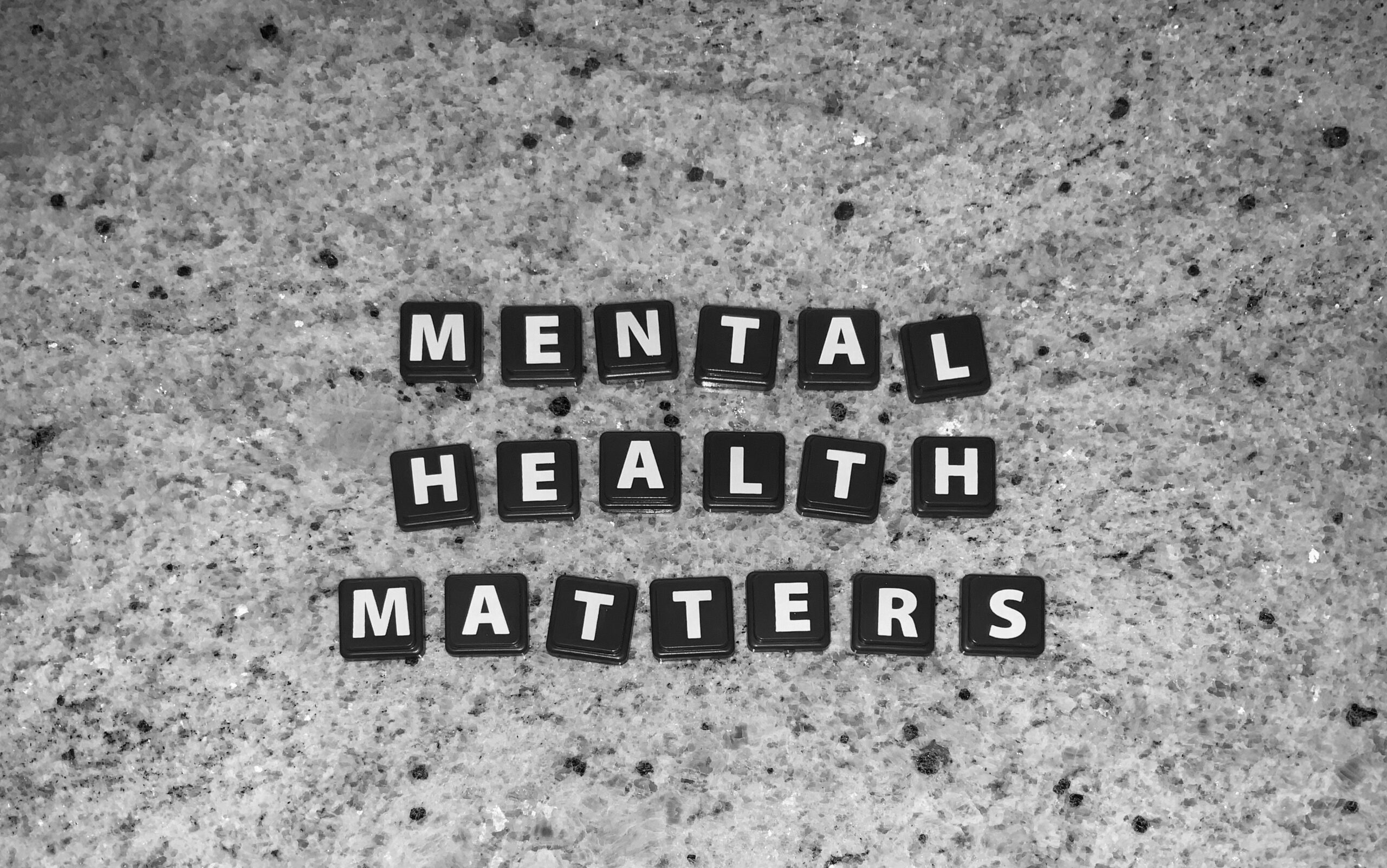Did you know your mindset can directly impact your immune system, heart health, and how long you live? Research shows that having a positive and healthy mindset not only improves mental well-being but also triggers physical benefits. From reducing stress hormones to boosting immunity, the connection between what we think and how our body responds is undeniable. This is because the psychological factors that link our thoughts, emotions, and stress levels to our physical health.
In this post, we’ll dive into the science behind the relationship between mindset and physical health. You’ll learn how positive thinking can strengthen your immune system, heart health, and longevity, and how to develop a healthy mindset. We’ll also give you actionable tips and techniques to build a healthier mindset and, in turn, a healthier body. The key to better health is often in having the right mindset.
The Link Between Mindset and Physical Health
A healthy mindset goes beyond just “thinking positive”—it’s being aware of your thoughts and feelings as part of overall well-being. It’s a combination of optimism, resilience, self-compassion, and mental adaptability when faced with life’s challenges, and embracing each challenge as an opportunity for growth. This mindset affects physical health through reduced stress, hormonal balance, and better decision-making habits, especially when you stay determined in the face of setbacks.
The Science of Thoughts and Hormones
When we’re stressed or pessimistic, our bodies release more cortisol, the stress hormone. Over time, chronic cortisol release has negative health impacts such as decreased immune function and increased risk of heart disease. On the other hand, a healthier mental outlook supports hormonal regulation, calms the body, and promotes functions that nurture overall well-being.
Expert-backed evidence
Organizations like Harvard Health Publishing and the Mayo Clinic have studied this connection extensively. For example, Harvard researchers found that people with an optimistic mindset had a 15% lower risk of premature death compared to their pessimistic counterparts. These studies all show that focusing on mental wellness can lead to tangible physical benefits.
Positive Self Talk
Positive self-talk is a powerful tool for a healthy mindset and overall well-being. The way we talk to ourselves shapes our beliefs, influences our emotions, and guides our behaviors—often more than we realize. By practicing positive self-talk, you can boost your mental health, build resilience, and create healthier relationships with yourself and others. This supportive inner dialogue helps you manage stress and negative emotions, making it easier to navigate life’s challenges with confidence and optimism. When you make positive self-talk a habit, you’re not just improving your mood—you’re laying the foundation for better health, stronger connections, and a more fulfilling life.
What is Positive Self-Talk?
Positive self-talk is the practice of encouraging and compassionate internal dialogue. Instead of focusing on your shortcomings or replaying past mistakes, you shift your attention to your strengths, achievements, and positive qualities. This means reminding yourself of your capabilities, celebrating progress, and approaching setbacks with understanding rather than criticism. By focusing on what you do well and reframing negative thoughts, you can improve your mental well-being and develop a more optimistic attitude towards challenges. Positive self-talk helps you move forward from the past, face new situations with courage, and maintain a balanced perspective even when life gets tough.
How It Affects Your Health Outcomes
The impact of positive self-talk goes far beyond your mindset—it can actually shape your health outcomes. Research shows that people who regularly practice positive self-talk experience lower levels of stress, anxiety, and depression. They’re more likely to develop healthy habits such as regular physical activity, balanced eating, and consistent sleep routines. This optimistic inner dialogue supports better mood regulation, making it easier to cope with life’s ups and downs. By viewing challenges as opportunities for growth, you can foster a growth mindset that encourages learning and resilience. Over time, these habits and attitudes contribute to better mental health, greater well-being, and a higher quality of life.
Positive Thinking Strengthens the Immune System
A strong immune system is your body’s frontline defense against illness. Surprisingly, your mindset plays a big role in how well it works.
Mindset and Immunity
When you’re optimistic or in a positive state of mind your body produces fewer stress hormones allowing your immune cells to function at full capacity—positive beliefs can further support immune function by reinforcing your body’s natural defenses. Research has shown that optimistic people recover faster from illnesses and even respond better to vaccines, and that positive feelings contribute to immune health by promoting emotional balance and resilience.
Real-Life Evidence
A study from the University of California found that gratitude journaling for just three weeks led to lower levels of inflammatory markers in participants’ blood, signaling improved immune health. As individuals explored gratitude through their journaling, they experienced these positive changes.
Actionable Tip
Start keeping a gratitude journal and aim to cultivate a positive mindset. Every day, write down three things you’re thankful for. Over time, this habit retrains your brain to focus on positivity, which can strengthen your immune response.
Optimism and Heart Health
Your heart is incredibly sensitive to your emotions and mindset. Just as we care for our physical heart through exercise and healthy eating, we should also care for our mindset to support overall heart health. Positive thinking plays a big role in maintaining cardiovascular health and reducing the likelihood of conditions like high blood pressure, heart attacks, and strokes.
How It Works
Optimism has been linked to lower blood pressure, reduced heart rate, and better heart rate variability. These all contribute to healthier circulation, reduced strain on the heart, and can help decrease emotional or physical pain.
The Harvard Study
A 20-year Harvard study found that people with a positive outlook had a 38% lower risk of dying from heart disease. That’s a massive difference that highlights the importance of mindset in long-term cardiac health.
Actionable Tip
Be mindful during activities like meditation, yoga, or deep-breathing exercises. Practicing mindfulness helps keep your mind calm, reducing physical signs of stress and promoting heart health.
Longevity Through a Healthy Mindset
It’s no secret that people who maintain a joyful and optimistic perspective on life tend to live longer. But did you know this is backed by science? Remember, you shouldn’t expect immediate results from cultivating a healthy mindset—progress comes with time and consistent effort.
Why Positivity Improves Longevity
A healthy mindset leads to developing skills for healthy behaviors like better eating habits, regular exercise, and good sleep hygiene. These actions, including eating vegetables as part of a balanced diet, significantly impact how our bodies age and how well we manage chronic health conditions.
The Research
A study in Proceedings of the National Academy of Sciences found that people with higher levels of mental resilience and optimism were more likely to live past 85. Learning from failure contributes to resilience which along with consistent positivity helps limit the effects of chronic stress a major factor in premature aging.
Actionable Tip
Practice self-compassion, especially when you fall short of your goals. Treat yourself with the same kindness and understanding you’d offer a friend. This mindset shift reduces anxiety and promotes a long-term sense of calm.
How to Reduce Stress
Stress is a natural part of our daily lives, but learning how to manage it is essential for both mental and physical health. Developing effective ways to reduce stress can help you stay calm, focused, and productive even when faced with demanding situations. By making stress management a priority, you support your overall well-being and create a healthier mindset to handle life’s challenges with ease. Simple practices like deep breathing, regular exercise, and time for rest can make a big difference in how you feel and function each day.
Mindset Shifts for Stress Management
One of the most effective ways to manage stress is by shifting your mindset. Instead of viewing stressful situations as threats, try to see them as stepping stones for personal growth and learning. This positive perspective helps you focus on what you can control and encourages you to approach challenges with curiosity and determination. Practicing mindfulness, self-compassion, and gratitude can further enhance your ability to manage stress, reduce your risk of burnout, and improve your overall mental health. By making a conscious effort to focus on the positive aspects of your life and learning from each experience, you develop a more resilient and adaptive approach to stress. These mindset shifts not only support your well-being but also empower you to thrive no matter what life throws your way.
Practical Ways to Develop a Positive Mindset
Transitioning to a healthier mental outlook doesn’t happen overnight, but it is entirely achievable. Here are some actionable tips to get started:
- Daily Affirmations
Start your day by repeating positive and empowering statements like, “I am resilient and capable of overcoming challenges.”
- Surround Yourself With Positivity
Spend time with people who inspire and uplift you. Avoid those who perpetuate negativity or unnecessary drama.
- **Limit Negativity. Set boundaries on your media intake by limiting news consumption and muting negative social media posts. Pay attention to how you respond to negative thoughts—challenge them with positive responses.
- Motivation for Positive Habits
Use motivation techniques like celebrating small wins and visualizing success to reinforce positive habits and boost confidence.
- Involve Family in Mindset-Building
Do mindset-building activities with your family, like group gratitude exercises or shared mindfulness practices, to strengthen your support network.
- Seek Support From Friends
Reach out to friends for encouragement, guidance, and emotional support, especially during tough times.
- Help Kids Develop a Healthy Mindset
Support kids in building resilience and confidence by providing structured guidance and social-emotional learning activities.
- Reach Out for Guidance When Needed
Don’t hesitate to seek guidance from mentors, counselors, or trusted individuals when you hit a roadblock or need direction.
- Mindfulness and Meditation
Use apps like Calm or Headspace to practice mindfulness. These tools can make a big difference in mental clarity and stress reduction.
- Gratitude Journal
Reflect on three things you’re thankful for each day to train your brain to focus on the positives.
- Expert Tip
Psychologists like Dr. Barbara Fredrickson suggest doing “micro-moments of positivity” throughout your day, like taking a walk, savoring a cup of tea, or sharing a laugh with a friend.
The Science of Positive Thinking and Brain Chemistry
At its core, positive thinking affects your brain chemistry. The truth is, your mindset has a measurable impact on neurotransmitters. Dopamine and serotonin, the “feel-good” neurotransmitters, are the drivers of happiness and relaxation. A positive mindset encourages higher production of these chemicals, creating a feedback loop that supports both mental and physical well-being.
Visualize the Impact
Imagine feeling less stressed at work and more joy in daily moments. That sense of calm and contentment triggers serotonin release, which benefits your immune system, digestion, and sleep.
Start Your Journey to a Healthier Mind and Body
Your mindset is one of the most powerful tools you have to support your overall well-being. By focusing on positivity, mindfulness, and gratitude, you can get physical benefits from a stronger immune system and better heart health, to a longer, healthier life. A healthy mindset also helps you navigate challenges in your personal environment and in the world around you.
Small mindset shifts can lead to big results, and resources like the Get Healthy Squad Newsletter are here to guide you every step of the way. Sign up now to get tips, tools, and inspiration to balance your mind and body. Let’s help you thrive and live your healthiest life.
Disclaimer:
This content is for informational purposes only and not for medical advice. Not intended to diagnose, treat, cure or prevent any disease. Always consult with a qualified healthcare professional before making any changes to your mental or physical health regimen.




